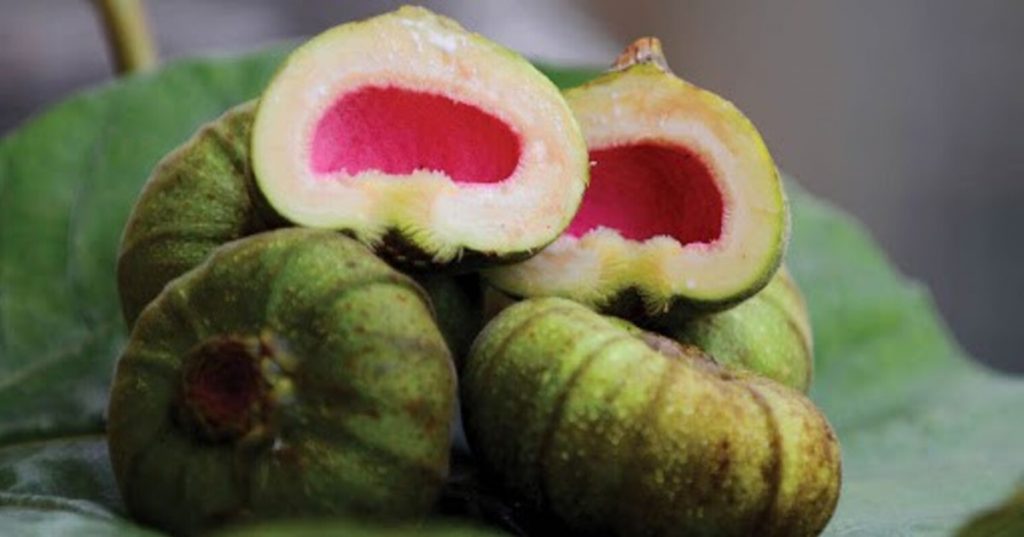Used in many play dishes, but this fruit can cause you allergies, hypoglycemia
Not only is an interesting dish with many ways of processing, the fig has many uses in supporting healing. However, for some people, their "twin brothers" can cause side effects such as allergies, diarrhea, hypoglycemia.

Not only is an interesting dish with many ways of processing, the fig has many uses in supporting healing. However, for some people, their "twin brothers" can cause side effects such as allergies, diarrhea, hypoglycemia.
Figs - relatives of figs
The fig tree has the scientific name of Ficus Roxburghii Wall. Ex Mq, is the same fruit with ficus with figs, a familiar fruit that is both a scene and can process Vietnamese food. This fruit originates in India - Malaysia and is a common fruit in Asian countries such as India, Malaysia, Indonesia, Thailand, Philippines, Laos and even in Vietnam.
Particularly in Vietnam, due to the in accordance with the tropical and humid rain, the fig trees often grow naturally in the highland provinces and mountains scattered from the North to the South. Even some people also grow figs in front of the house, in the garden or next to the pond to use daily.
Both figs and figs have the same shape, gut and taste, so they are considered "cousins". Even folklore has the phrase "heart and sung" because of the similarity of these two fruits.

Uses of and
Like figs, and too used in daily play dishes. Young leaves of figs are used as vegetables to eat with boiled meat, sour spring rolls. Meanwhile, young figs are used to eat raw with chili salt or sliced thinly to make salad, eat with boiled snails, boiled meat. Fig fruits are also used to sour salt, soup, warehouse or stew. In addition, figs are also used to make tea or jam cake and become a "favorite" dish of many Vietnamese families.
Besides "participating" in dishes, figs are also commonly used as a long -standing folk medicine. Roots and fig leaves can be used to detoxify and treat swelling. Meanwhile, figs are calm, sweet should be used to laxative, constipation, hemorrhoids, sputum, heat, diuretic. The newly cooked figs can also be dried and soaked in white wine to cure depression, poor appetite.

Not stopping there, the fig is also combined with other herbs in traditional medicine to treat sore throat, cold, poisoning or used to increase milk secretion for newborn women.
Who should not eat?
According to TS. Ngo Duc Phuong, Director of the Institute of Southern Drugs, in Vietnam, has 2 figs including mosquitoes and molasses (soyet). The difference is that when ripe, mosquitoes will have more mosquitoes around the core. And mosquitoes do not have a delicious taste and can even make users drunk if eaten too much. Meanwhile, the molasses will be fragrant and sweet and can become a dish to help reduce hunger thirst, like a ripe figs.

In the fig with high sugar content, it can cause diarrhea or tooth decay in young children. People with a history of allergy to natural rubber should also avoid using figs because this fruit can cause allergies. Besides, due to the effect of hypoglycemia, figs are also "cavalry" for people with low blood pressure, diabetes using insulin or preparing surgery. In addition, people who have osteoarthritis, gout or have liver and kidney disease should not use this fruit.

Portobello Mushroom "Pizzas" with sausage, pepper and basil

